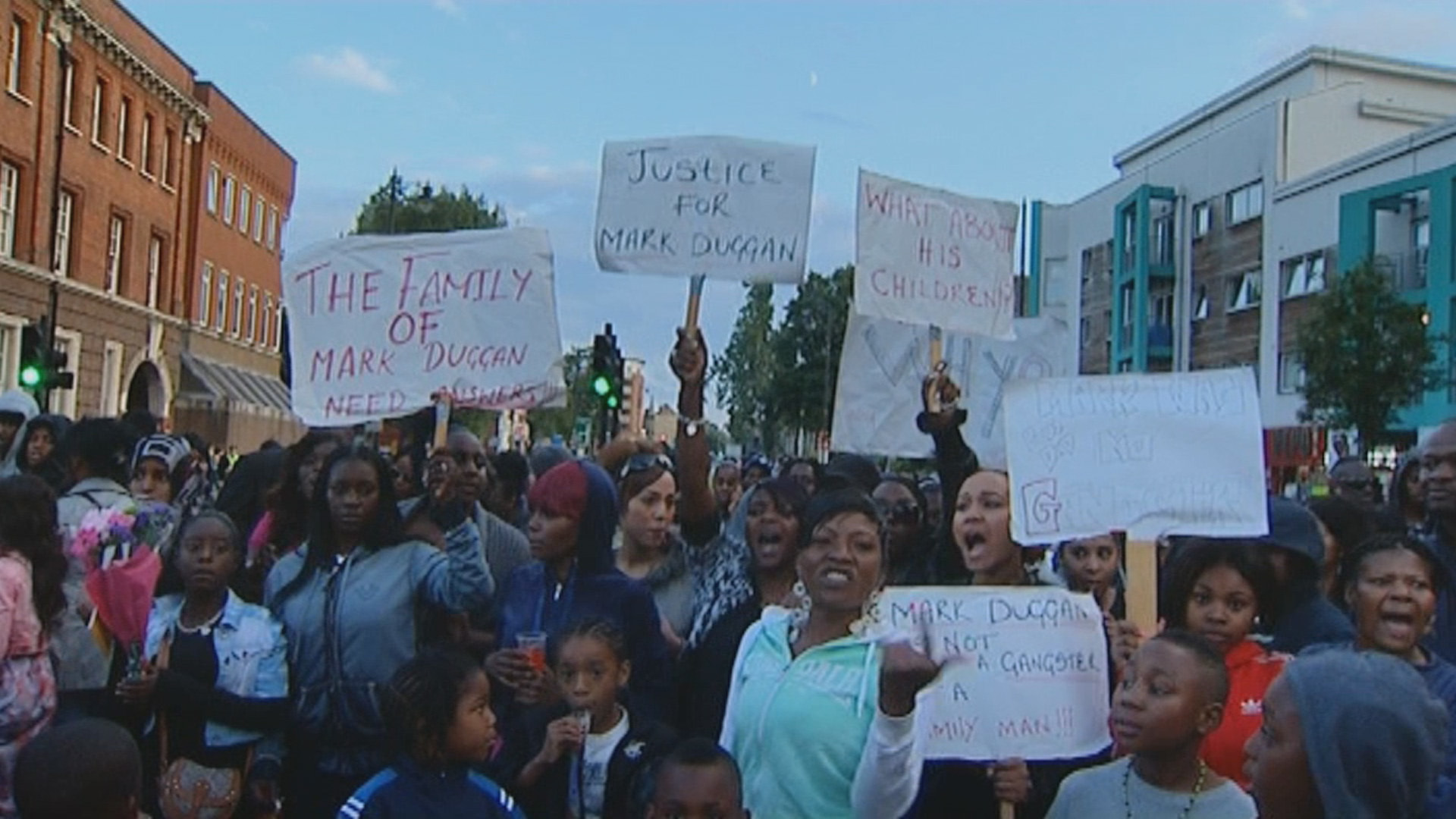The last week was a truly heart-breaking one for America. Grainy videos revealed lives reduced to hashtags and peaceful protests turned to tragedy. As the world mourns the lives of Alton Sterling and Philando Castile, a new documentary by George Amponsah directs our attention back to the UK.
The Hard Stop, out now, takes us back to August 2011, when police officers shot and killed 29-year-old father of four, Mark Duggan. What followed was some of the worst civil unrest in recent British history. In the three days of rioting, violence spread from Tottenham across London, to cities as far as Salford and Wolverhampton.
At the time, David Cameron called the UK riots a, ‘senseless act of violence’, but Amponsah favours Martin Luther King’s definition of rioting; ‘the language of the unheard’. Made over four years, The Hard Stop follows two of Duggan’s closest friends, Marcus Knox-Hooke and Kurtis Henville, from the aftermath of his death, up until the present day. We see the men behind the tabloids, and hear them through their own voices, voices that until now have rarely been heard…
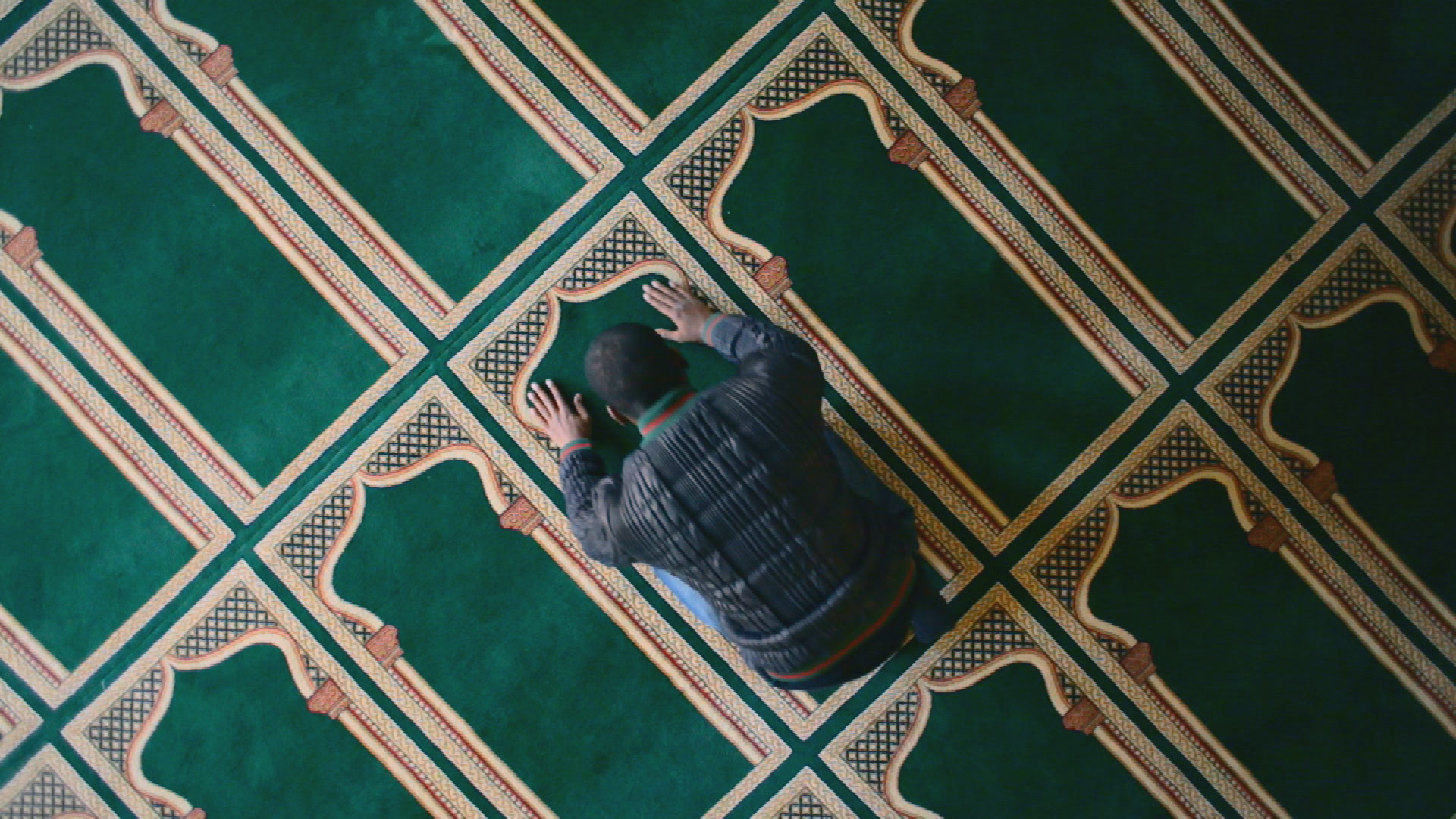
What motivated you to make The Hard Stop?
A year after the riots, just out of chance, I had an opportunity to get access to two of Mark Duggan’s childhood friends. At the time, one of them had an electrical tag around his ankle, and was more or less being accused as the person who started it all. All my instincts as a filmmaker suggested – follow these guys. Try and find out something that you don’t know.
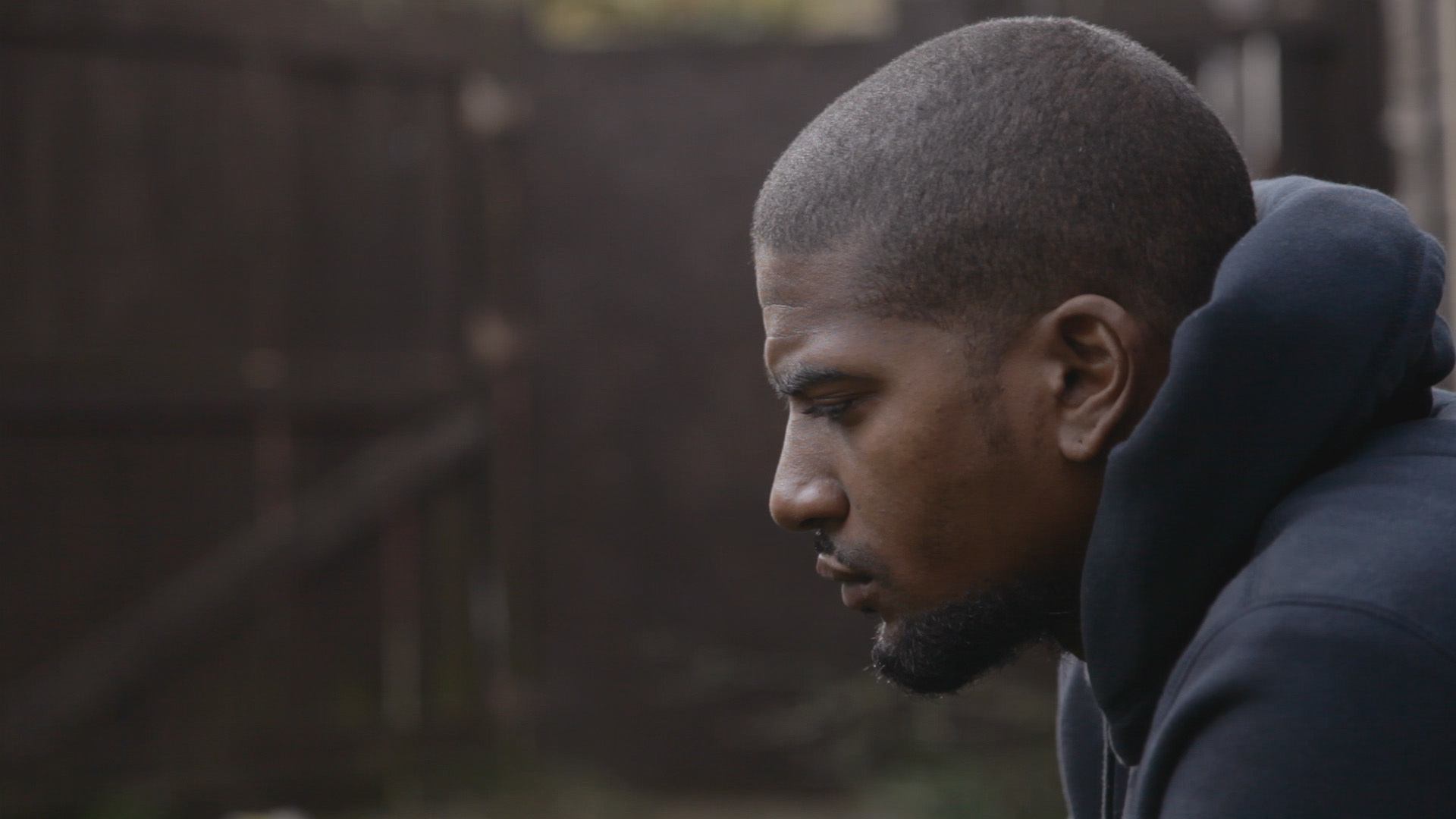
What did you found out about Mark Duggan?
I think he was a bit of a composite of Marcus and Kurtis. Very much a people person, you put him in an environment and suddenly everyone gets to know him. What I’ve noticed with Marcus and Kurtis is that they’re very sure of who they are. I’m sure that comes from Broadwater Farm. I think Mark would have been a Jack the Lad, a bit of a ladies man, a rough diamond.
In The Hard Stop, Marcus and Kurtis don’t present themselves as boy scouts. It’s amazing how confessional they are. You see in the film, they don’t shy away from their past. I was filmig them for over a year, there’s no hiding place, you can see it in their actions. These guys are really genuinely making an effort to change. You see Kurtis actually doing a job that requires him to clean toilets – he’s told you that he could make over £500 a day on the streets – to me, that makes him somewhat heroic.
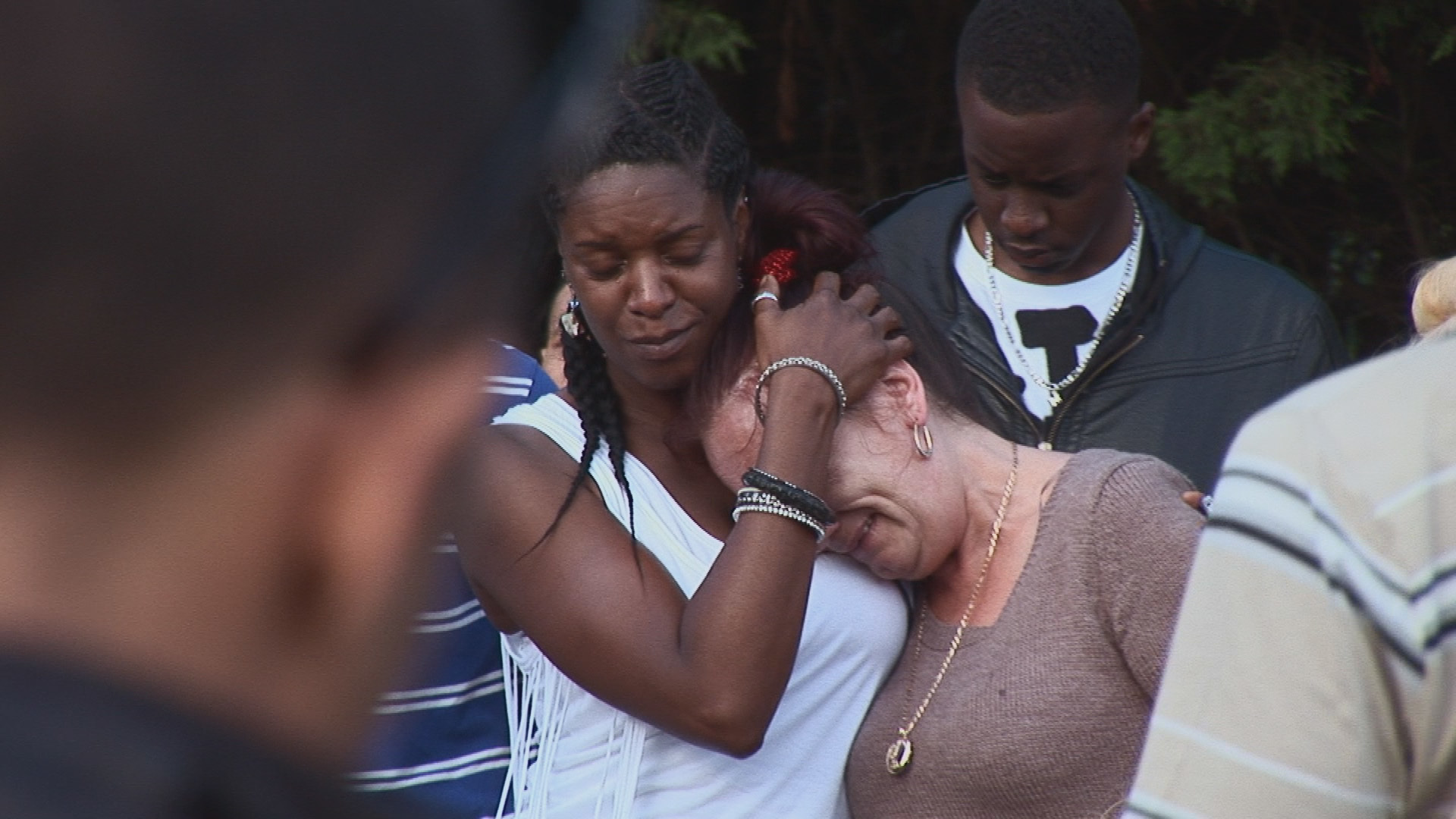
You said you wanted to discover something you didn’t know. Did anything else surprise you about Marcus and Kurtis?
I’ve done quite a lot of television documentaries, like Danny Dyer’s Deadliest Men, Macintyre’s Toughest Towns… I’ve met quite a lot of quote on quote, ”hard men”. Often what you get first is their hard man CV, but with these guys that just wasn’t there. The first time I met Marcus, I didn’t have a camera on me, I just said, ‘Can you tell me what happened on the day Mark got killed?’ And he told the story, but he was crying as he told it. I recognised the hardness and the look in his eye and all that, but I just hadn’t seen that willingness to show vulnerability before. They’re family guys. Within two or three weeks of filming, I remember Marcus and Kurtis asking how much it would cost to send their children to a good school like the one I went to. Yes, they have boyish qualities, just like we all do, Kurtis can be really impulsive, as you see in the film. But at the same time, they’re fathers, they’re family figures.
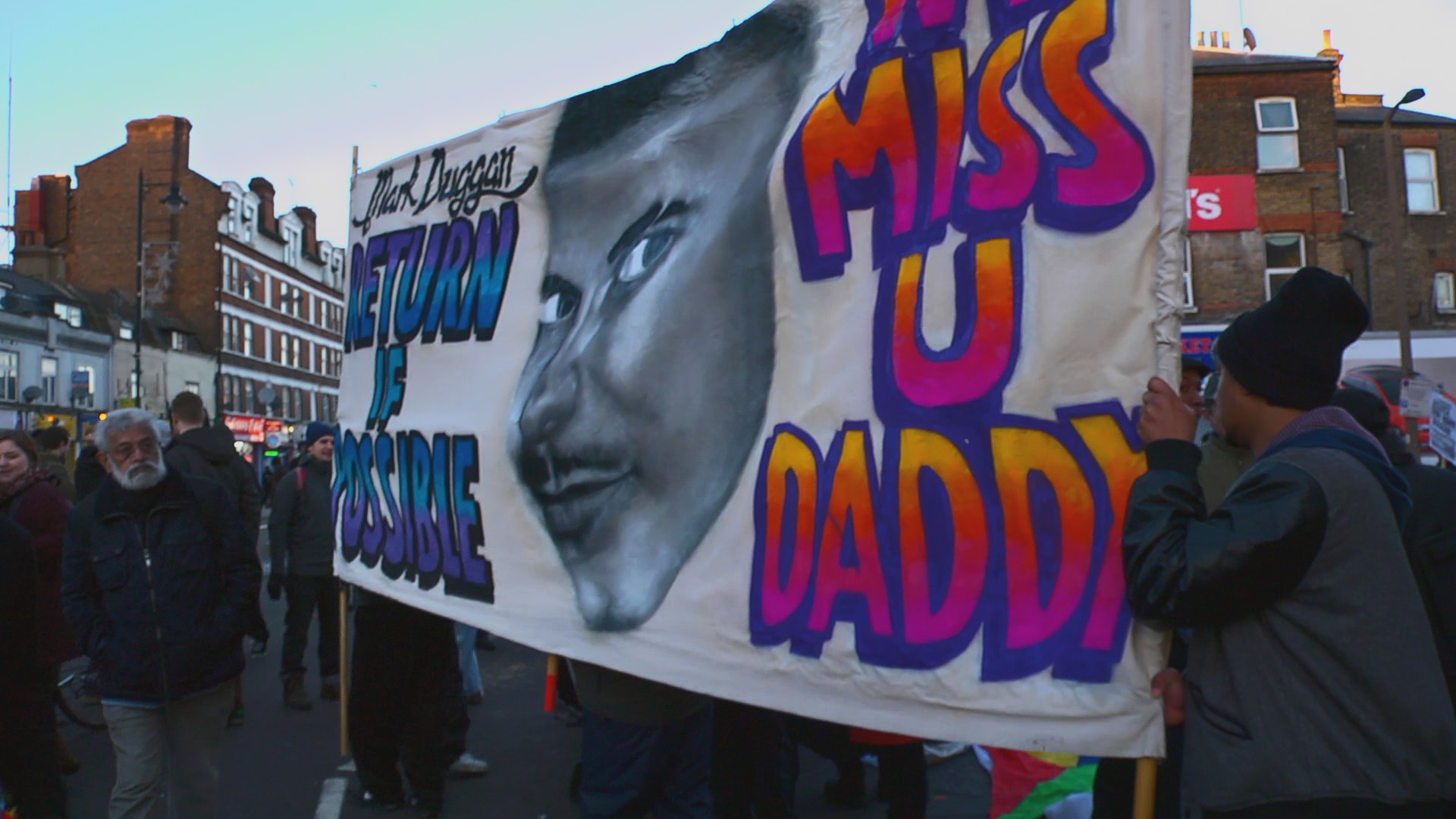
The Hard Stop gives people like Marcus a voice that he was denied at the time. What needs to happen next?
There has to be a dialogue. If this problem is to be solved you need people like Marcus, and people like Nick Leece, the ex-police officer you see in The Hard Stop. The other thing is police accountability. If you look at Mark Duggan, if only they could have admitted there was a mistake made – which clearly there was because the inquest jury concluded that he did not have a gun in his hand. When something happens, hold your hands up and say, ‘I made a mistake’. By the end of the film I felt we’d earned the right to use the Tolstoy quote – “Everyone thinks of changing the world, but no one thinks of changing himself” – and put it next to it a hard statistic; since 1990, there’s been 1500 deaths in police custody or from police contact, and not one conviction for murder. That does not equate to change within the police force.
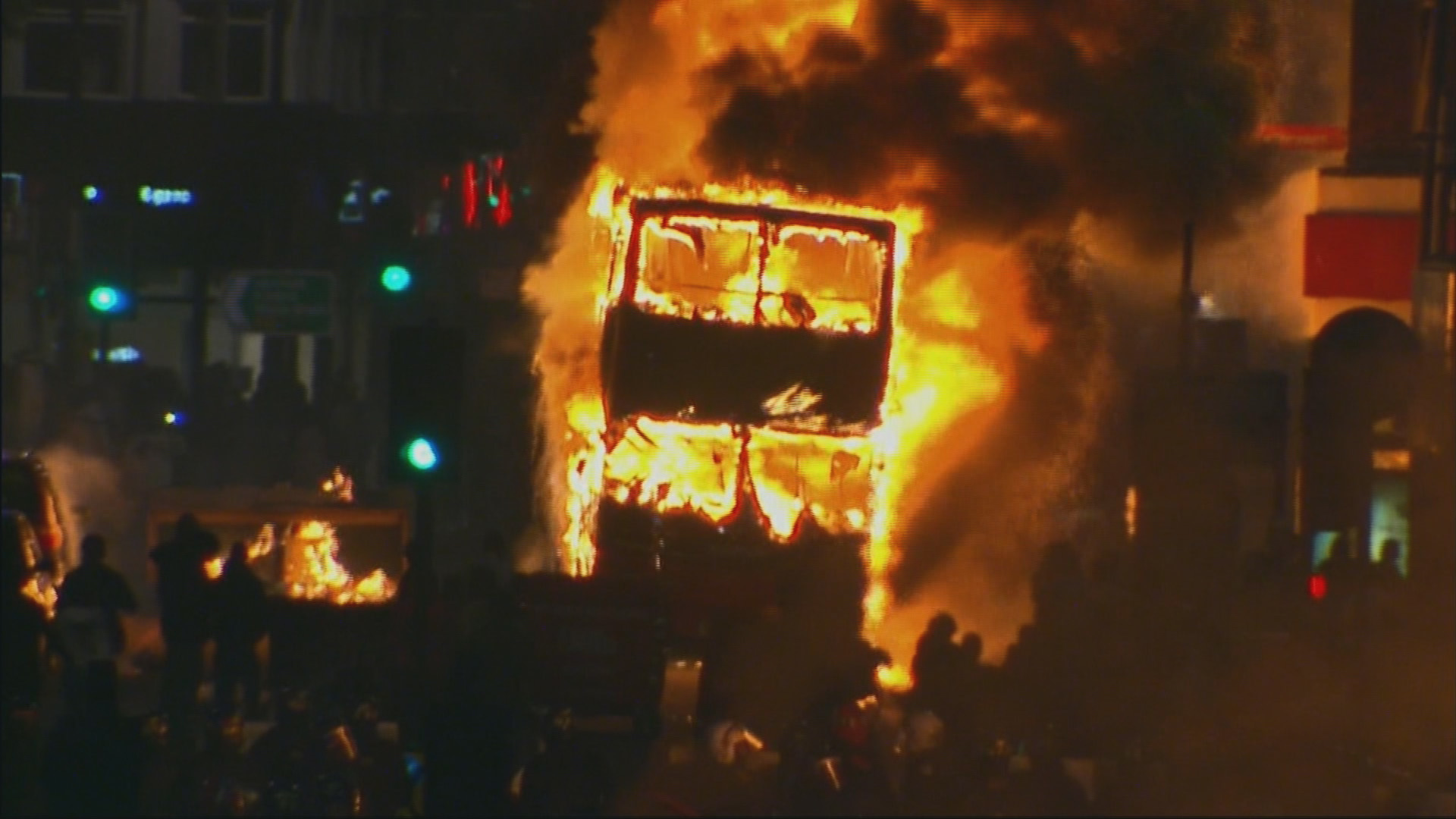
Who do you most want to see this film?
People who have no knowledge of places like Broadwater Farm, people who come from a completely different background. The middle-aged, the middle-class people like me. You’re never going to be able to reach everyone, but I genuinely wanted this film to speak to people. It’s a form of organic ignorance. If you don’t come from that background, how are you going to ever really understand it? Because ultimately, you have to look at it and say, why was he shot and killed when the inquest jury concluded that he didn’t have a gun in his hand? Any wrong decisions that he might have made in his life, that put him in the gun sights of the police on the 4 August 2011, he could have changed. He deserved the chance to change himself. He deserved the right to a life.
The Hard Stop is currently showing in London and will play in Nottingham, Birmingham and Manchester late this month.
Credits
Text Shannon Mahanty
